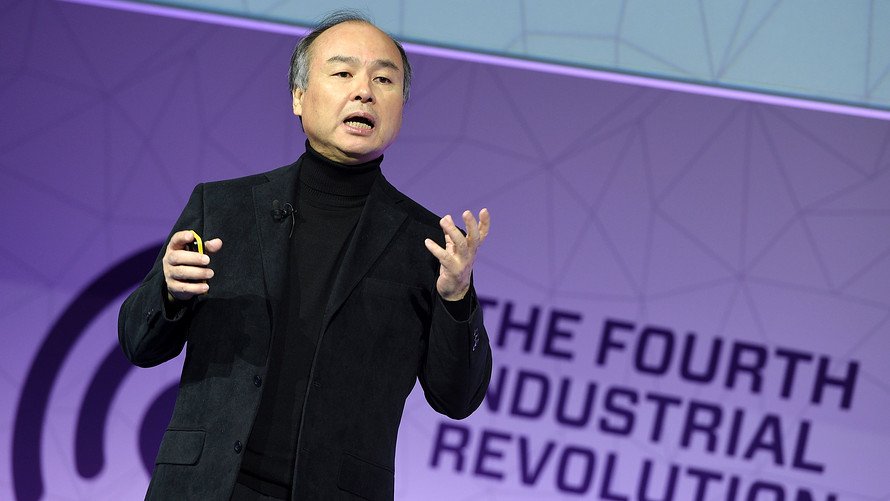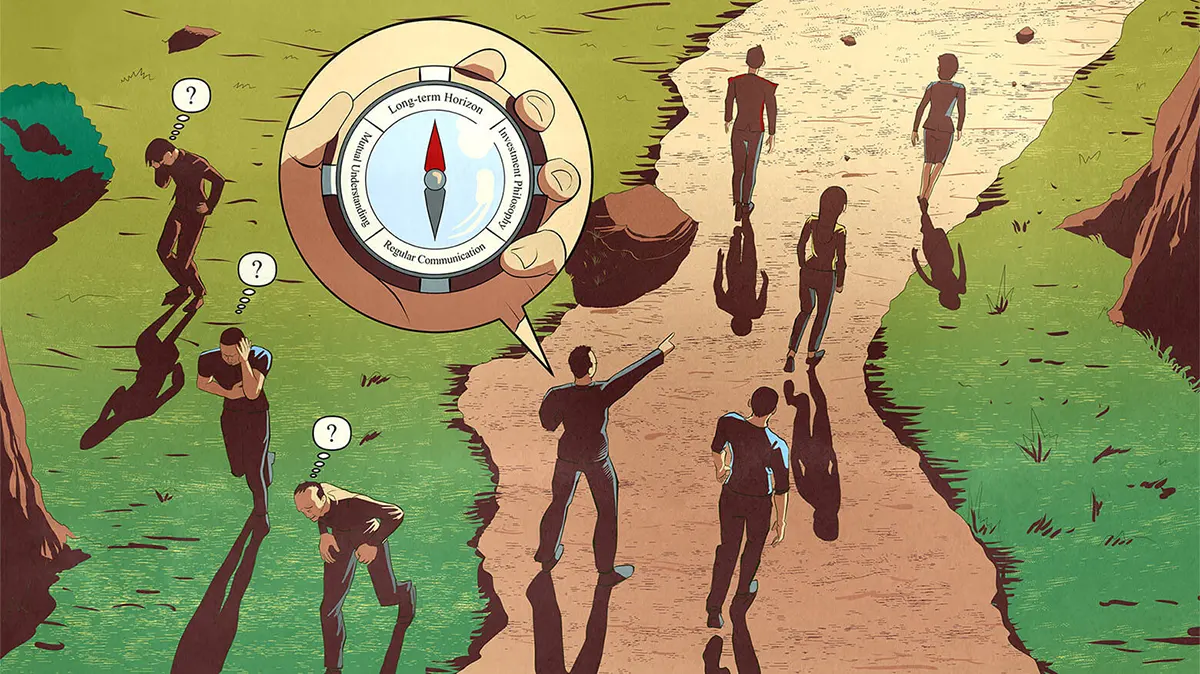Masayoshi Son doesn’t do anything small nor does he do things in a simple way.
A few months ago SoftBank Group announced that it would be raising $100 billion to invest in Son’s vision of the singularity. (That is more than the capital of the entire venture capital industry).
Singularity is the point when computer intelligence surpasses human intelligence, and Son, SoftBank’s founder and CEO, believes we are just 30 years away from it. It easy to rule out that much interest in singularity as the whim of an eccentric Japanese billionaire, but Son became the richest person in Japan by getting the future right consistently right for almost 40 years. He was never afraid to look crazy for a while and, more importantly, to support his vision with large bets. He foresaw the rise of personal computers in the ’80s, the internet in the ’90s, and the mobile internet in the ’00s.
Son’s investment track record is second to none — compounding at 44% a year over two decades. It is easy to single out Alibaba as his single-best investment; but Son built SoftBank from absolutely nothing, and it turned him into billionaire even before his investment in Alibaba. There are few people on this planet who can raise $100 billion on their reputation (other than Warren Buffett).
The exact ETA of the singularity is unknown even to Son — his 30-year forecast is just a guess. But from our perspective it is the journey to singularity that will matter. Just as dumb phones became smart thanks to Steve Jobs, a lot of otherwise dumb objects will become smart over the next few decades, including toasters, clothes, street lights, cars.
Miniaturization of sensors and processors and connectivity to the internet will lead to the explosion of the “internet of things.” This will result in a lot of data, which will be analyzed by big-data systems that will make sense of it, and then artificial intelligence will convert it into actionable systems. The sum of all these parts will be so much greater than the components individually. This journey to singularity will transform our lives, and Son is betting big: $100 billion through the fund that he has eloquently termed the Vision Fund.
As SoftBank investors, we were somewhat conflicted when we heard the announcement. $100 billion is a lot of money. SoftBank ’s balance sheet was already getting extended after it spent $32 billion on the purchase of ARM Holdings in 2016. (I shared our thoughts on the ARM Holdings purchase here).[signinlocker id=”8617″]
We were even more nervous when SoftBank committed to invest $28 billion of its own money into the Vision Fund. However, after the details of the deal were announced, Son again delighted us with his genius.
First of all, SoftBank will not put in any cash up-front. It will make an initial contribution of $8 billion in the form of a one-quarter ownership of ARM Holdings. $72 billion will come from outside investors, 62% as debt and 38% as common stock. This is where things get interesting. Outside investors (the Saudi wealth fund, Apple AAPL, -0.02% , Qualcomm QCOM, +0.19% ) are locked in for 12 years.
That debt is non-recourse to SoftBank and will be issued in the form of preferred shares that pay 7% a year, not in cash but as equity in the fund. Yes, 7% interest payments in today’s zero-interest world sound like a lot of money, but the Vision Fund doesn’t have to worry about liquidity for 12 years. The Vision Fund can really have a long-term time horizon, which is an important competitive advantage.
The Saudis were concerned that SoftBank will pick the best investments for itself and place the second-best ideas into the fund. To appease the Saudis, Son pledged to put any investments greater than $100 million into the Vision Fund. We loved that. Here’s why: SoftBank ’s Japanese telecom business is a cash cow. It generates about $7 billion a year of earnings; thus SoftBank will be able to fund its $20 billion commitment to the Vision Fund from cash flows in just three years. After that, unless it reinvests money into its existing SoftBank businesses, it has no use for the funds other than pay down debt (something we’d applaud), pay dividends, or buy back its stock.
SoftBank ’s total exposure to the $100 billion fund is $28 billion — that is the most we can lose. In fact, our downside will be lower, as SoftBank will collect roughly $6 billion-$12 billion of management fees over next 12 years (1% a year). If things go well then SoftBank will also charge 20% performance fees on returns in excess of 8% a year.
The Vision Fund is big net positive for SoftBank investors. If Son succeeds, then the payoff can be enormous; if he fails then our exposure is a few years of earnings.
If you are new to SoftBank, read my analysis: Buying Warren Buffett, Richard Branson and Steve Jobs at a Discount
[/signinlocker]









0 comments